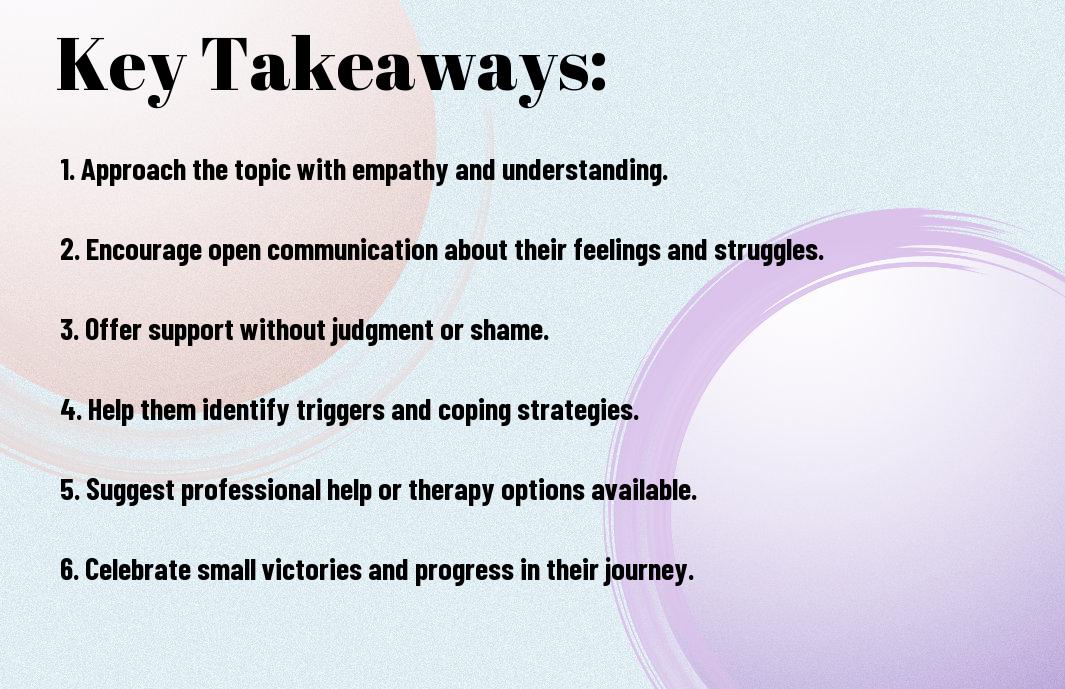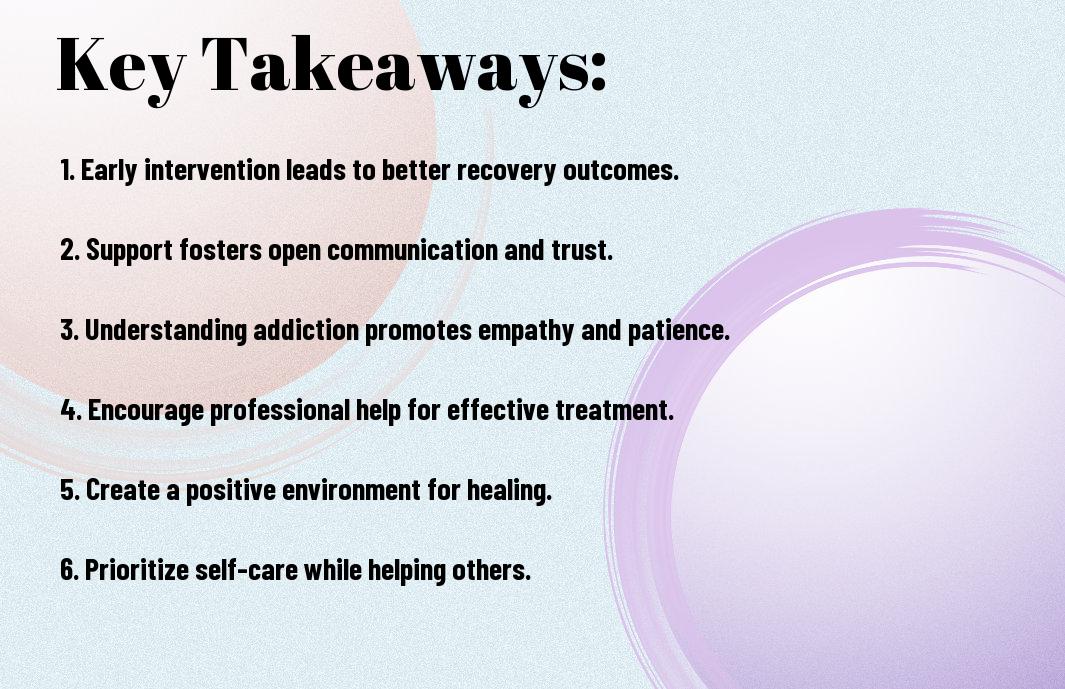Addiction can feel isolating and overwhelming, especially when it comes to porn addiction. You may find that understanding effective recovery strategies is the key to reclaiming your life. In this post, we’ll explore evidence-based methods and practical steps you can take to address your struggles, rebuild relationships, and restore your self-esteem. By integrating these approaches into your daily routine, you can empower yourself to break free from the cycle of addiction and move toward a healthier, more fulfilling life.
Key Takeaways:
- Understanding triggers is necessary; identify situations, emotions, or environments that lead to cravings.
- Establishing a support system, such as friends, family, or support groups, can provide accountability and encouragement.
- Engaging in healthy and productive activities, such as exercise or hobbies, can help redirect energy and reduce urges.
- Practicing mindfulness and meditation can enhance self-awareness and assist in managing impulses.
- Setting clear goals and having a plan can improve focus on the recovery process and provide direction.
- Seeking professional help from therapists or counselors trained in addiction recovery can lead to effective strategies and tools.
- Being patient with oneself and celebrating small victories can foster a positive mindset during the recovery journey.
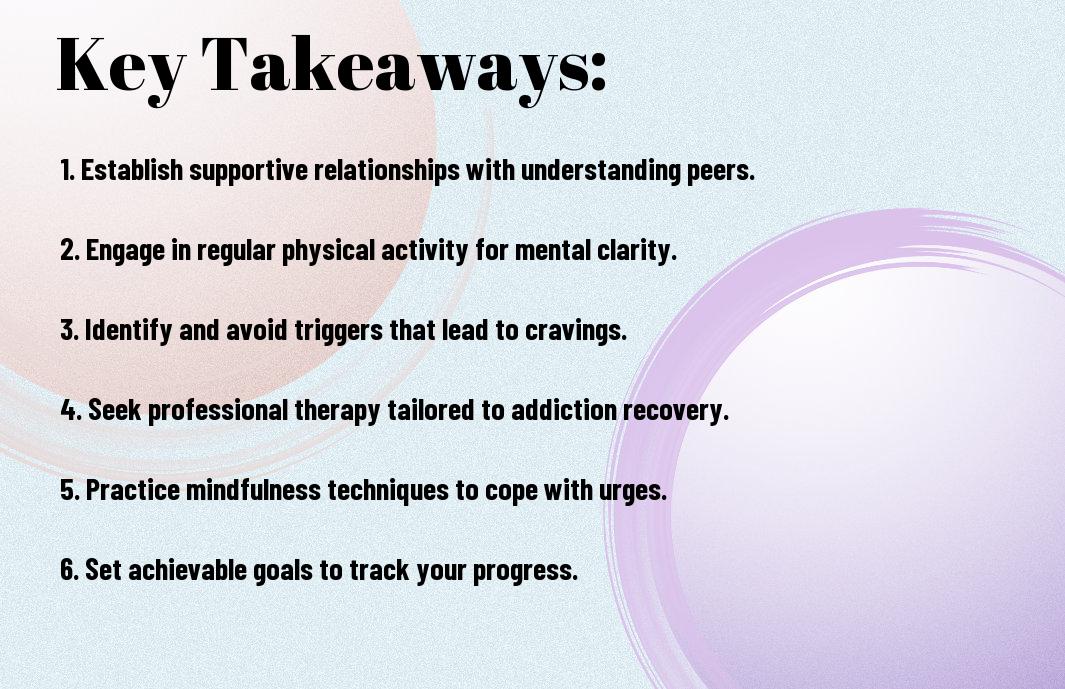
Understanding Porn Addiction
While many people view pornography as a harmless form of entertainment, it’s crucial to recognize that it can lead to addiction. Porn addiction can alter your brain’s reward system, making it difficult to achieve satisfaction from real-life relationships. This cycle may leave you feeling isolated, anxious, or ashamed, ultimately impacting your personal and social life.
Defining Porn Addiction
Any excessive consumption of pornographic material that interferes with your daily life can be classified as porn addiction. You may find yourself prioritizing porn over work, relationships, or other responsibilities. This compulsive behavior often results in an inability to cut back or stop, despite negative consequences.
Signs and Symptoms
By recognizing the signs and symptoms of porn addiction, you can take the first steps toward recovery. These may include preoccupation with pornographic content, escalating use to achieve the same level of satisfaction, and experiencing withdrawal-like symptoms when attempting to reduce your consumption.
Due to the intense stimulation provided by frequent exposure to porn, you may find it challenging to experience sexual arousal or emotional connection during intimate situations. Your ability to focus on everyday tasks may diminish, while feelings of guilt or shame about your habits can further complicate your mental health. Identifying these patterns is imperative for addressing the underlying issues and seeking support.
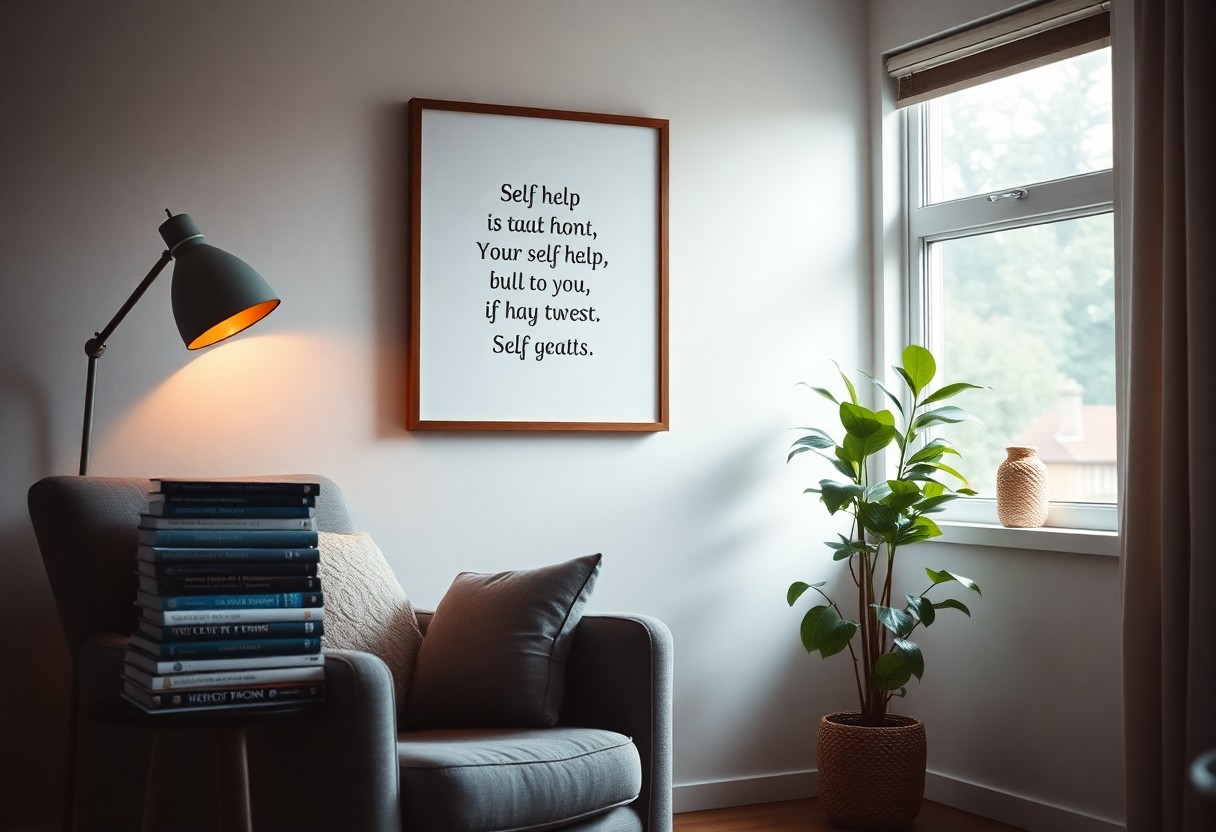
Psychological Impact of Porn Addiction
Some individuals may underestimate the psychological ramifications of porn addiction. This compulsive behavior can lead to feelings of guilt, anxiety, and depression, as it often interferes with everyday life and personal relationships. Acknowledging these psychological effects is imperative for understanding your recovery journey and rebuilding a healthier mindset.
Emotional Consequences
At times, you may find yourself trapped in a cycle of intense emotions stemming from porn addiction. Feelings of shame and isolation can arise, leading to heightened stress and complicating your emotional well-being. Addressing these emotional consequences is vital for achieving lasting recovery and improving your quality of life.
Social Implications
One significant aspect of porn addiction is its impact on your social life. As your reliance on pornography increases, you may withdraw from friends and family, ultimately straining your relationships and hindering your social skills.
Emotional disconnection from loved ones can create a sense of loneliness, further exacerbating the cycle of addiction. As your relationships suffer, you may feel less inclined to engage socially, leading to diminished support networks. This isolation can reinforce negative feelings and make it harder for you to reach out for help. Building healthier social connections should be a focus of your recovery process, allowing you to reconnect with others and foster supportive relationships that encourage positive behavioral change.
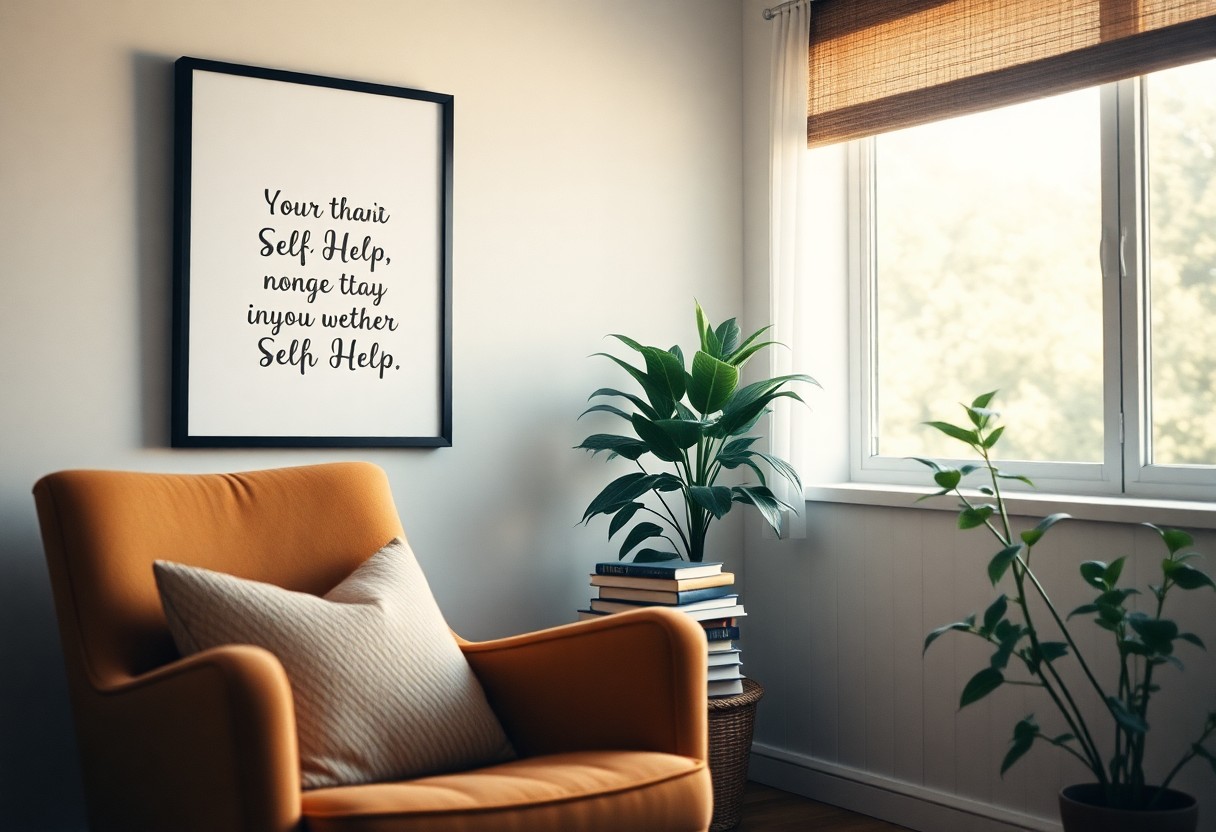
Effective Recovery Strategies
Keep in mind that recovery from porn addiction requires a multi-faceted approach. You can implement effective strategies that encompass self-awareness, behavior modification, and social support. Combining tools such as setting clear goals, tracking your progress, and understanding triggers can significantly contribute to your recovery journey. Prioritizing these strategies can empower you to reclaim control over your habits and foster healthier relationships with intimacy and sexuality.
Therapy and Counseling Options
On your path to recovery, seeking professional help can make a meaningful difference. Therapists specializing in addiction can provide you with personalized strategies to address underlying issues and develop healthier coping mechanisms. Individual therapy, cognitive-behavioral therapy, or group therapy can create a structured environment tailored to your needs, guiding you to a better understanding of your behaviors and emotions.
Support Groups and Community Resources
An effective way to navigate your recovery is through support groups and community resources. Connecting with others who share similar experiences can offer comfort and insight as you work on overcoming your addiction. Many organizations provide meetings, online forums, and workshops that foster acceptance and encouragement, enabling you to share your journey and learn from others’ successes.
At these support groups, you will find a sense of belonging and understanding that is often missing in your daily life. Interacting with individuals who are facing the same challenges can help alleviate feelings of isolation and shame that often accompany addiction. Group discussions usually focus on personal experiences and solutions, allowing you to build friendships that support your recovery journey. Community resources can also provide access to valuable educational materials and workshops, reinforcing your commitment to change and growth.
Lifestyle Changes for Recovery
Not only does recovery from porn addiction require willpower, but it also necessitates significant lifestyle changes. Adopting healthier routines can reshape your environment and foster a supportive atmosphere, paving the way for lasting recovery. By focusing on various aspects of your life, you can reduce triggers, enhance emotional well-being, and cultivate resilience against relapse.
Healthy Habits to Foster Recovery
An effective way to support your recovery journey is by establishing healthy habits. Incorporating regular physical activity, balanced nutrition, and adequate sleep into your routine can enhance your mood and reduce stress. This holistic approach not only bolsters your mental health but also creates a strong foundation for maintaining focus on your recovery goals.
The Role of Mindfulness and Meditation
A powerful tool in your recovery arsenal is mindfulness and meditation. Practicing these techniques helps you cultivate awareness of your thoughts and emotions, allowing you to manage cravings more effectively. By focusing on the present moment, you can reduce anxiety and build resilience against the urges that can compromise your recovery.
A regular mindfulness and meditation practice can significantly enhance your ability to cope with challenges during recovery. Engaging in daily sessions, even for just a few minutes, allows you to develop greater self-awareness and emotional regulation. This mental clarity empowers you to understand and dismantle harmful patterns, creating a more positive mindset that supports your journey away from porn addiction.

The Importance of Accountability
Unlike many challenges in life, overcoming porn addiction requires a solid system of accountability. This approach not only increases your commitment to recovery but also helps you stay focused on your goals. Sharing your journey with someone you trust can provide encouragement, and constructive feedback, making it easier to navigate through difficult moments. By being open about your struggles and triumphs, you create a supportive environment that fosters personal growth and resilience against relapse.
Building a Support Network
Across your recovery journey, establishing a support network is imperative for staying accountable. Friends, family members, or even support groups can provide the emotional and moral support you need. When you share your challenges and achievements with others, you not only feel less isolated but also commit to your recovery efforts. Encouragement and understanding from those around you can greatly enhance your chances of success.
Tools for Tracking Progress
Before you initiate on your recovery from porn addiction, incorporating tools for tracking your progress can significantly benefit your journey. These tools can include journals, apps, or worksheets that allow you to monitor your thoughts, urges, and achievements over time. By consistently reviewing your progress, you can identify patterns and triggers, enabling you to develop healthier coping strategies.
In addition, utilizing these tracking tools instills a sense of discipline and ownership in your recovery. You can set specific goals, document your feelings, and assess your triggers, which leads to greater self-awareness. By analyzing this information, you can make informed adjustments to your strategies, ensuring you remain on a constructive path. Tracking progress not only highlights how far you’ve come but also reinforces your commitment to achieving a healthier and addiction-free life.
Relapse Prevention Techniques
Once again, implementing effective relapse prevention techniques is vital to maintain your progress. Strategies such as identifying potential triggers and having a plan in place can significantly reduce the risk of setbacks. Consider exploring resources like How Long Does it Take to Break a Porn Addiction? to better understand your journey and what you can do to stay on track.
Identifying Triggers
An important step in preventing relapse is identifying your personal triggers. These can be situations, emotions, or even certain environments that lead to cravings for porn. By becoming aware of these triggers, you can develop strategies to navigate or avoid them, making it easier for you to maintain your commitment to recovery.
Developing Coping Mechanisms
Below, you’ll find that establishing effective coping mechanisms is vital for overcoming challenges. By creating a toolkit of healthy responses to stress or boredom, you can steer clear of the urge to revert to old habits. Consider mindfulness practices, exercise, or creative outlets to enhance your emotional resilience.
Further, it’s beneficial to tailor your coping mechanisms to fit your unique lifestyle and preferences. Engaging in activities that genuinely interest you can distract you from cravings and provide fulfillment. Additionally, reaching out to supportive friends or communities can enhance your motivation to stay committed to your recovery. Explore various strategies and adapt them as needed to strengthen your defense against relapse.
To wrap up
Now that you understand the importance of a multi-faceted approach to recovery from porn addiction, you can implement strategies that work specifically for you. Consider integrating therapy, accountability partnerships, and mindfulness practices into your routine. Educate yourself about the nature of addiction, and connect with supportive communities. Acknowledging triggers and replacing them with healthier activities will empower you on this journey. Your commitment to these steps can lead to meaningful change and a fulfilling life free from the grips of addiction.
FAQ
Q: What are the first steps I can take to tackle porn addiction?
A: The first steps to address porn addiction often involve self-awareness and acknowledgment of the problem. You may start by journaling your thoughts and feelings related to your habits, which can help you recognize triggers. Setting clear goals for reducing or eliminating porn consumption is also beneficial, as is seeking support from trusted friends, family, or online communities that understand the issue.
Q: How important is professional help in recovering from porn addiction?
A: Professional help can play a significant role in recovery for many individuals. Therapists or counselors who specialize in sexual health or addiction can provide tailored strategies and tools to overcome habitual behaviors. Therapy can also help uncover underlying issues contributing to the addiction, which can lead to lasting change.
Q: Are there specific techniques that can aid in recovery?
A: Yes, several techniques can be helpful in recovery from porn addiction. Cognitive-behavioral therapy (CBT) is often utilized to alter negative thought patterns and develop healthier coping mechanisms. Mindfulness and meditation practices can enhance self-awareness and help manage urges. Additionally, establishing a daily routine that includes physical activity and hobbies can redirect focus away from temptations.
Q: How can developing a support system impact recovery?
A: A strong support system can greatly enhance recovery. Sharing your journey with friends, family, or support groups can provide encouragement, accountability, and a sense of belonging. Engaging in open conversations can also reduce feelings of shame or isolation, making it easier to stay committed to overcoming the addiction.
Q: What role does setting goals play in recovery?
A: Setting specific and achievable goals is vital in the recovery process. Goals can help provide direction and motivation. They allow you to track progress over time, making it easier to celebrate small successes. Breaking down larger goals into manageable steps can also create a sense of accomplishment, reinforcing positive change.
Q: Are there lifestyle changes that can facilitate recovery?
A: Lifestyle changes can significantly support recovery efforts. Engaging in regular physical activity can boost your mood and energy levels, while prioritizing a balanced diet can promote overall well-being. Reducing exposure to triggers, whether they be specific media or situations, is also critical. Establishing a more structured daily routine can help minimize idle time that may lead to cravings.
Q: How can I cope with setbacks during recovery?
A: Setbacks are a common part of the recovery journey. It is important to approach them with self-compassion and a growth mindset. Reflecting on what triggered the setback can help identify patterns and inform future strategies. Seeking support from your network or a professional can also provide guidance and encouragement in getting back on track. Use setbacks as learning opportunities rather than failures.





